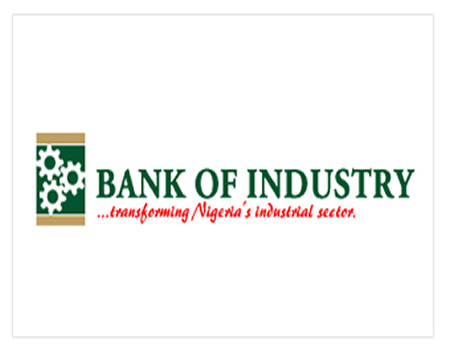The Bank of Industry (BoI) has underscored the critical need for Nigeria to bolster its production capacity in order to realize the ambitious goal of becoming a one trillion-dollar economy by 2026. Isa Omagu, the Divisional Head of Services at BoI, articulated these sentiments at the 2024 annual conference of the Finance Correspondents Association of Nigeria in Lagos. The conference, themed “Nigeria’s Journey Towards a $1 trillion Economy: Impact of Banks’ Re-capitalisation, Opportunities for Fintechs and Real Sector,” highlighted the necessity for Nigeria to shift its economic focus from mere dependency on fiscal and monetary policies to a more production-oriented approach. Omagu emphasized that without a significant enhancement in production levels, Nigeria’s aspirations for economic robustness would remain unfulfilled, warning of the dangers associated with overreliance on imports.
In this context, Omagu advocated for a multifaceted investment strategy aimed at key sectors such as agriculture, infrastructure, and services. By doing so, he argued, Nigeria could reduce its dependence on foreign goods while simultaneously alleviating pressures on the foreign exchange market. He firmly stated, “To reach a $1tn economy, we must focus on boosting production capacity,” thereby highlighting the importance of internal capabilities over external dependencies. The insights shared by Omagu align with the broader narrative that sustainable economic growth requires a solid foundation of local production capacities that can withstand global market fluctuations.
Prominent stakeholders in the financial sector echoed these sentiments, including Mr. Bello Hassan, the Managing Director and Chief Executive of the Nigeria Deposit Insurance Corporation. He stressed the importance of collaboration between banks and fintech companies as catalysts for growth within the real sector. Hassan pointed out that the ongoing recapitalization initiative spearheaded by the Central Bank of Nigeria is essential for enhancing the resilience and solvency of the nation’s banks. He maintained that effective implementation of this initiative would ultimately ensure that banks continue to play a pivotal role in financial intermediation, which is crucial for supporting Nigeria’s economic development agenda.
Drawing attention to the interconnectedness of various financial service providers, Hassan urged supervisors to better understand how their policies could impact the efficiency of the broader financial system. This understanding is vital for unlocking the potential for financing that the real sector requires for its growth and development. According to him, the collaboration between banks and fintechs presents a significant opportunity to provide affordable financing solutions that are crucial for cultivating a robust real sector, which he described as the bedrock of a thriving economy.
Additionally, Mr. Oliver Alawuba, the Group Managing Director of United Bank for Africa Plc, articulated that Nigeria’s mission to achieve a $1 trillion economy is a collective responsibility that extends beyond government mandates. He called on all relevant stakeholders, including the banking industry, fintech innovators, the real sector, and regulatory bodies, to engage in a concerted effort to realize this transformative vision. Alawuba emphasized that the era poised to define Nigeria’s economic trajectory would be characterized by innovation, resilience, and sustainable growth. His call to action resonated with the assembled participants, reinforcing the idea that shared ownership and collaboration are essential for the successful navigation of Nigeria’s economic journey.
Alawuba also acknowledged Nigeria’s position as Africa’s largest fintech market, highlighting the proliferation of startups that are innovating solutions to address the inefficiencies inherent in the traditional banking system. This burgeoning fintech ecosystem presents unique opportunities to revolutionize financial services in Nigeria, making them more accessible and tailored to the needs of the populace. As the discussions unfolded, it became clear that leveraging fintech innovations alongside traditional banking practices could pave the way for more efficient financial services, thus supporting the necessary growth within the economy to meet the ambitious target of a $1 trillion economy by 2026.
In conclusion, as stakeholders deliberate on the roadmap to achieving a $1 trillion economy, the key focus remains on enhancing production capacity, fostering collaboration between financial entities, and harnessing the innovations from the fintech sector. The convergence of these elements can potentially transform Nigeria’s economy, making it less reliant on imports and more self-sufficient in its production capabilities. Achieving this goal is not merely about reaching a numeric value, but about creating a sustainable economic framework that ensures shared prosperity and growth for the Nigerian populace. The convergence of efforts from various sectors, as discussed in the conference, could indeed lay the groundwork for a resilient economic future where opportunities abound and the potential for growth is fully realized.


